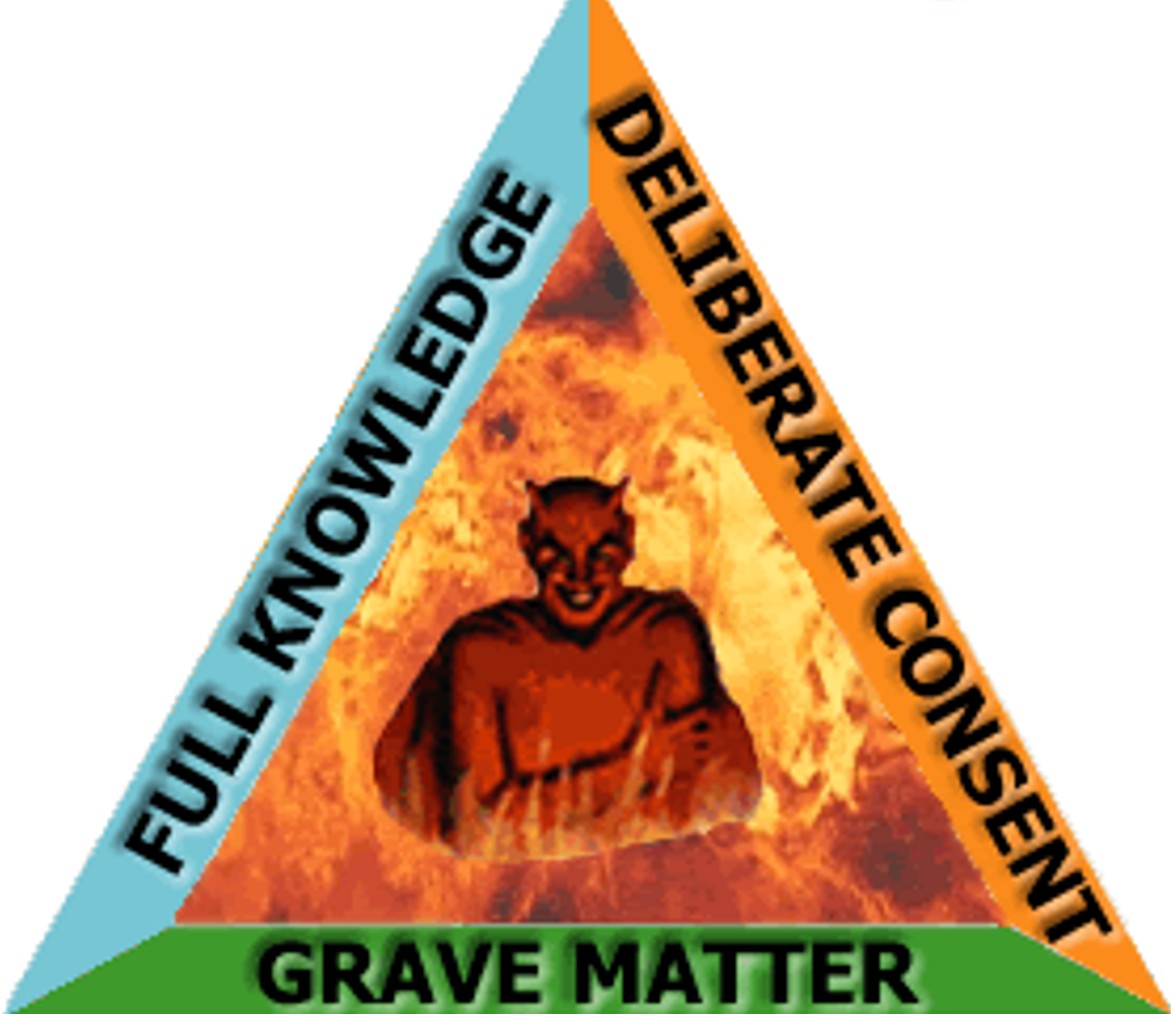CATECHESIS Q & A: DEEPENING OUR KNOWLEDGE

Is It A Mortal Sin to Miss Sunday Mass?
by Matt Nelson of Catholic Answers
Is It A Mortal Sin to Miss Sunday Mass? Some Catholics, especially parents of young children, find Sunday Mass attendance difficult. But despite our parental hardships, we recognize that we have a moral duty to be there. The Catholic Church reflects this obligation in its Code of Canon Law: “On Sundays and other holy days of obligation, the faithful are bound to participate in the Mass” (Can. 1247). The Sunday liturgy is mandatory, like showing up for work; and, just as skipping work can have serious consequences, so can skipping church. In fact, it is a mortal sin to miss Sunday Mass without good reason. But is the “Sunday obligation” too strict of an expectation upon Catholics?
Moral laws are like signposts: they properly orient us, and once we have been properly oriented we cease to notice them. Likewise, the Sunday obligation helps to orient us spiritually. In a sense, the Sunday Mass prepares us for the days ahead and sets the spiritual tone for the week, filling us with God’s Word and grace so we might glorify the Lord with our lives. By starting our week with the Sunday liturgy, we publicly profess with our whole being that we are members of His Church and are nothing without Him. That is why Jesus said, “He who loves father or mother more than me is not worthy of me; and he who loves his son or daughter more than me is not worthy of me” (Matt. 10:37). Furthermore, the first and greatest commandment is, “You shall love the Lord your God with all your heart, and with all your soul, and with all your mind” (Matt. 22:38), which is consummated when we receive the Eucharist.
A Catholic is permitted to be absent from Sunday Mass in light of serious circumstances such as illness—but not for trivial reasons. We might be tempted to do miss because Mass is not always an engaging way to spend Sunday morning. Many of us are used to constant busyness but not used to the slowness or the silence of the liturgy. Even for a devout Catholic, it can be difficult to slow down and settle into a day of rest—and especially into a solemn hour of prayer and worship. We can’t grasp the intrinsic value of the Mass until we understand that its aim is not to stimulate like a form of entertainment—but to sanctify. Although the Eucharist is the “Source and Summit of the Christian Life,” according to the Catechism, it is not uncommon for a Catholic to feel almost nothing when he receives it (1324). Since the grace received in the Eucharist is not a physical or emotional sensation but a spiritual reality, it tends to leave the senses unmoved. For this reason, a Catholic’s experience of Sunday Mass may leave him feeling unmoved. This does not necessarily reflect a defect in the liturgy or the believer. Rather, it brings one to a deeper conviction of things unseen: “Blessed are those who have not seen and yet believe”.
Two grave dangers to the human soul are a lack of contemplation and lack of love. A human being cannot have enduring happiness without these two things. The Mass fosters both. To remember the Sabbath and keep it holy was not optional for the first-century Jew. To fail to do so was a violation of the third commandment and a grave sin (Num. 15:32-36). Christians replaced the Sabbath with a new day of rest that they called the Lord’s Day, the first day of the week. The essential moral prescription of the third commandment nonetheless remained: man ought to set apart a full day each week for rest and worship. “Think not that I have come to abolish the law and the prophets; I have come not to abolish them but to fulfill them,” Jesus said (Matt. 5:17).
Why Sunday? We are told in the Gospels that Jesus rose from the dead “on the first day of the week”, and ever since the time of the apostles, Christians have congregated on Sunday to worship God and receive the Eucharist together. To compound this, it is primarily in the act of receiving the Sunday Eucharist that the members of the Church unite themselves to their Lord and one other. Every Sunday “the whole Christ” is reunited in and through the Holy Eucharist. Moreover, our choice to participate is salvific: “Truly, truly, I say to you, unless you eat the Flesh of the Son of Man and drink His Blood, you have no life in you” (John 6:53). Theologian Colin Donovan reminds us that, “in the Mass it is Christ Himself who worships the Father, joining our worship to His. In no other way is it possible to adequately give thanks (eucharistia) to God...than by uniting our offerings to that of Jesus Christ Himself.” Christ does with us in the Mass what we cannot do alone: make a perfect offering to the Father.
The key to understanding why Catholics must attend Sunday Mass lies above all in the essence of the Mass itself. Our duty to be willing participants is not rooted in how it makes us feel but in what it is. As the sacred meeting place of God and man, the Mass reorients our lives towards God, reunites us with Him in love, and thereby communicates the grace of salvation to our souls. In the long run, there can be nothing more productive than that.
Article No. 69 (Published in the Bulletin of September 10, 2017)